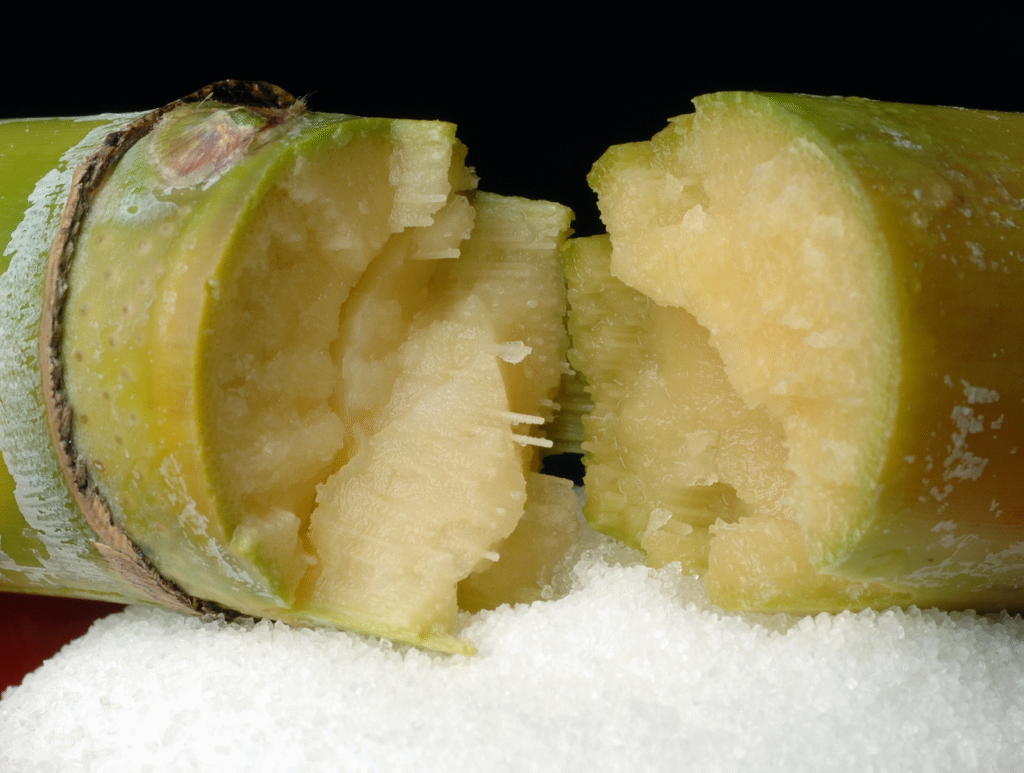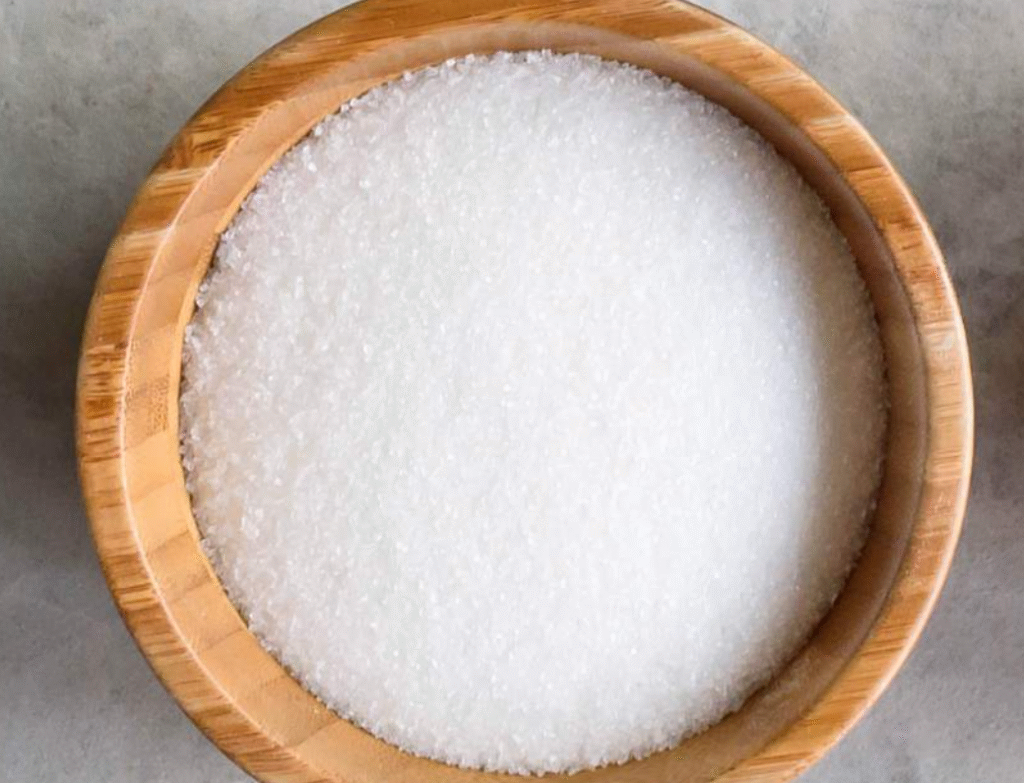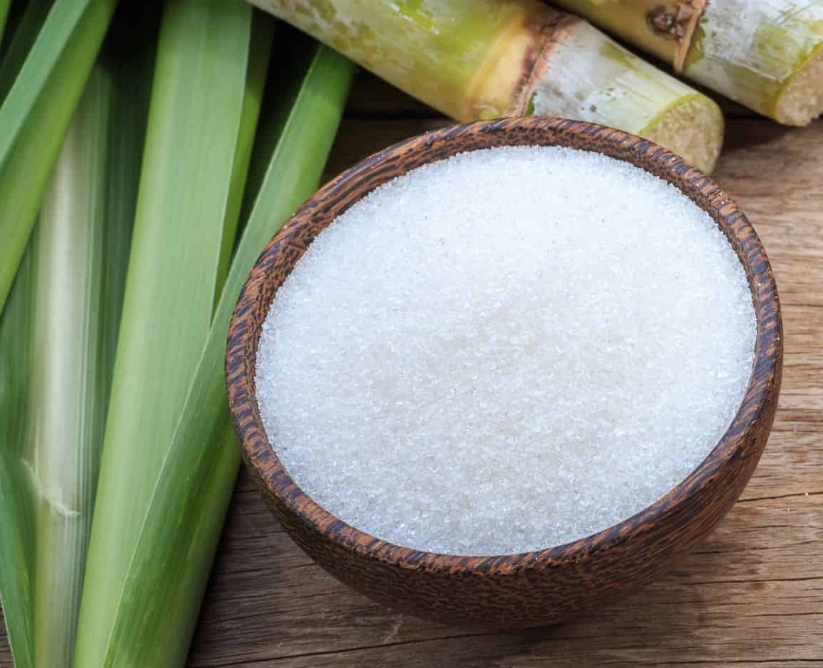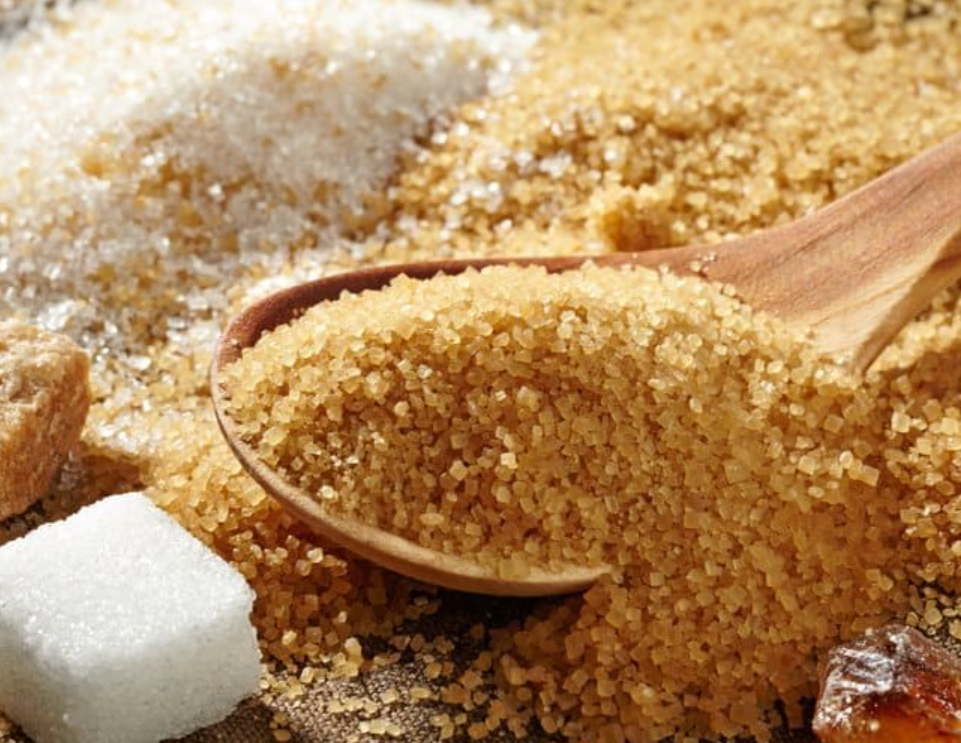Table of Contents
Are you looking for the best sugar to add to your recipes, beverages, and desserts? There are a wide variety of sugars available on the market today with varying levels of sweetness. One common debate among bakers is which type of sugar is better: cane sugar or granulated sugar? If you’re stuck trying to decide between these two types of sweeteners, this guide should help you make an informed choice about which one is suited for your needs.
Read on for more information about cane sugar vs. granulated sugar – benefits, drawbacks and much more!
What is Cane Sugar?

Cane sugar (or ‘sucrose’) is a type of unrefined sugar made from boiled-down and evaporated cane juice. It has large, coarse crystals that give it a unique texture, subtle molasses flavor, and dark caramel hue. Cane sugar is commonly used in baking applications as both an ingredient and topping.
What is Granulated Sugar?

Granulated sugar (or ‘table sugar’) on the other hand, is refined white sugar produced by grinding up cane or beet stalks into fine powder. It has small, uniform crystal size that makes it perfect for presentation when used as a topping or decoration for baked goods. Granulated sugar can also be used for sweetening drinks and other recipes.
Cane Sugar
Nutritional Profile
Cane sugar is nutrient-dense with high levels of minerals including calcium, magnesium, phosphorus and iron. It also contains trace amounts of vitamin B6 and niacin.
Pros
Cane sugar has a unique flavor that comes from its molasses content. This makes it ideal for use in recipes like cookies, pies and cakes that require a strong molasses flavor. It also provides a nice caramel color to baked goods, making them look more appealing.
Cons
Cane sugar is much coarser than granulated sugar, which means it can take longer to dissolve in liquids. This can make it difficult to use in recipes where precise sweetness levels are required. Additionally, the large crystal size of cane sugar can make it hard to measure accurately.
Granulated Sugar
Nutritional Profile
Granulated sugar is much more refined than cane sugar and contains very few nutrients aside from calories and carbohydrates.
Pros
The small, uniform crystal size of granulated sugar makes it easy to measure and dissolve quickly in liquids. This makes it a great choice for sweetening drinks like coffee or tea, as well as recipes that require precise sweetness levels. Granulated sugar also has a slightly milder flavor than cane sugar, which makes it good for baking applications where the molasses flavor isn’t desired.
Cons
The lack of molasses in granulated sugar means it won’t give baked goods the same deep caramel color that cane sugar provides. It also lacks the depth of flavor and uniqueness that cane sugar offers in certain recipes.
Comparison of Cane Suger vs Granulated Suger

Nutritional Profile Comparison
Cane sugar is more nutrient-dense than granulated sugar, containing a higher level of minerals like calcium, magnesium, phosphorus and iron. Granulated sugar does not contain any significant nutrients beyond calories and carbohydrates.
Pros Comparison
Both cane sugar and granulated sugar have their own unique advantages. Cane sugar has a strong molasses flavor that makes it great for baking applications, while the smaller crystal size of granulated sugar makes it easy to measure and dissolve quickly in liquids.
Cons Comparison
The major disadvantage of cane sugar is its large crystal size which can make accurate measuring difficult. Meanwhile, granulated sugar lacks the deep caramel color and flavor profile that cane sugar provides.
Tips for Choosing the Best Type of Sugar

When deciding which type of sugar to use, consider the desired flavor and texture profile of your recipe. If a deep caramel color and robust molasses flavor are desired, then cane sugar is the best choice. However, if precise sweetness levels and quick dissolution are needed, then granulated sugar is ideal.
Which One Is Healthier?
Cane sugar is slightly more nutritious than granulated sugar, containing higher levels of certain minerals. However, both cane and granulated sugars contain similar amounts of calories and carbohydrates. Therefore, it’s best to enjoy these sweeteners in moderation as part of a balanced diet.
Frequently Asked Questions | Cane Sugar vs Granulated Sugar
1. How does cane sugar differ nutritionally from granulated?
Nutritionally speaking, there isn’t much difference between cane and granulated sugars. However, cane sugar does contain trace amounts of calcium, magnesium, potassium and other minerals that granulated sugar lacks.
2. Is one type of sugar better than the other?
It depends on your health goals and personal preferences. Granulated sugar is a more processed form of sweetener that has been stripped of its natural nutrients, while cane sugar still retains some nutritional value. In terms of taste, many people find that the flavor profile of cane sugar is superior to granulated.
3. Does either type have any additional health benefits?
Cane sugar contains higher concentrations of antioxidants which may help reduce inflammation and potentially lower your risk for chronic diseases like diabetes or heart disease. Granulated sugar does not contain these antioxidants so it doesn’t provide any additional health benefits.
4. How do you use each type of sugar?
Cane sugar is best used in recipes that require moist or liquid ingredients such as cakes, cookies and muffins, while granulated sugar is better suited for dry goods such as crumbles, pies and pastries. Granulated sugar also works well to sweeten beverages like coffee or tea.
5. Are there any significant environmental differences between cane and granulated sugar?
Cane sugar requires less processing than granulated sugar, so it has a smaller environmental footprint. Additionally, cane sugar is often produced with sustainable farming practices while many large-scale granulated sugar producers rely on synthetic fertilizers and pesticides that can harm ecosystems. For these reasons, choosing cane sugar may have additional benefits for the environment beyond taste and nutrition.
The bottom line
Cane sugar and granulated sugar offer different benefits in terms of flavor, texture, nutrient content, and ease of preparation – so choose whichever is most suitable for your needs! Be aware that neither offers significant nutritional benefits beyond calories and carbohydrates, so be sure to enjoy them in moderation. With a little bit of knowledge and creativity, you can make the most of either type of sugar and create a delicious array of recipes!
Read more at Ohsnap Cupcakes!